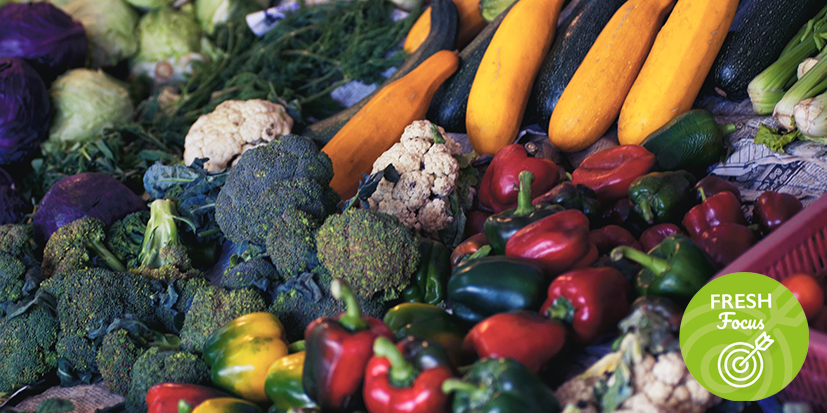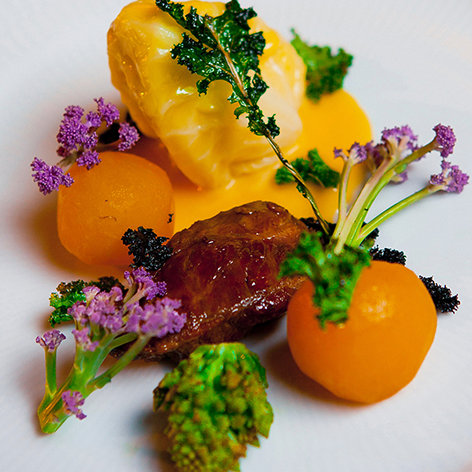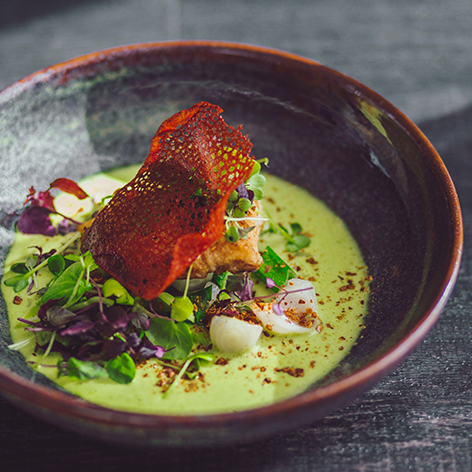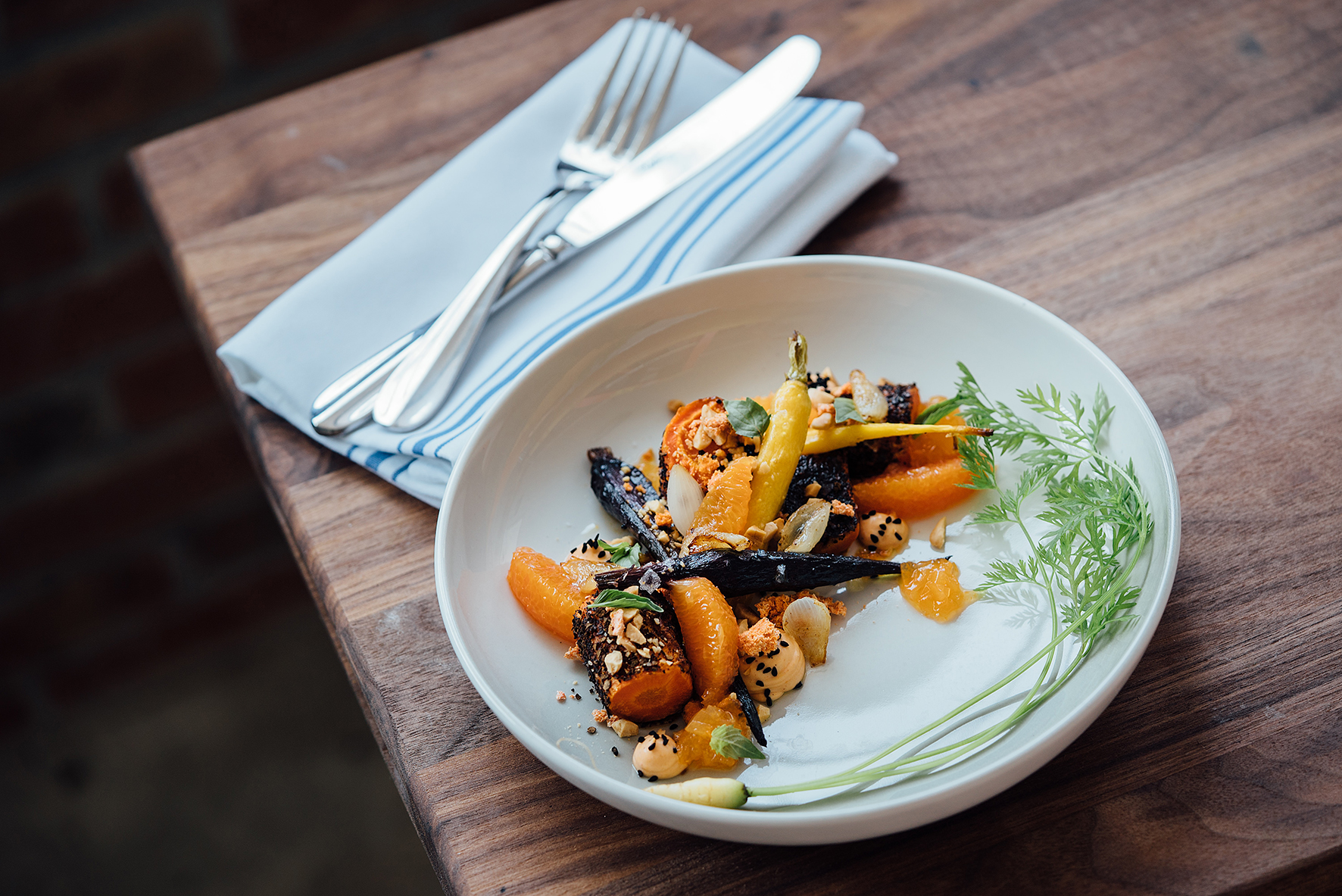In the ever-evolving culinary landscape, we can’t overstate the importance of planning food menus in advance. This process is not only crucial for chefs but can also play a pivotal role in the success of an establishment/ event. By strategically aligning menus with seasonal and locally sourced produce, businesses can not only enhance the quality and flavour of their dishes but also contribute to sustainability efforts and support local farmers. This article delves into the intricacies of planning food menus in advance, shedding light on the interdependent relationship between the culinary world and the fresh produce industry.
Seasonal Sourcing
One of the key pillars of effective menu planning is understanding and harnessing the power of seasonal produce. By aligning menus with the natural growing cycles of fruits and vegetables, chefs can ensure that the ingredients they use are at their peak in terms of flavour and yield. This not only elevates the taste of the dishes, but also provides customers with a fresher and more authentic dining experience.
The fresh produce industry plays a pivotal role in this process, acting as the primary source of these seasonal delights. Chefs and restaurant owners must secure a steady and reliable flow of seasonal produce from trusted suppliers who buy British such as ourselves. This not only supports our economy, but also contributes to the reduction of carbon footprints associated with food transportation, or as we refer to it as, ‘food miles’.

For over 30 years, Oliver Kay has provided chefs with high-quality fresh fruit and vegetables. We source the greatest products locally and in season, supporting numerous local British suppliers. Additionally, we get a variety of cresses and fresh herbs by collaborating with specialised suppliers. As experts in fresh food, we provide the broadest selection of fruits and vegetables, including British seasonal produce, while also venturing further afield to maximise the options available to our customer in terms of variety of ingredients and produce availability. Find out more about our growers and producers, here: https://www.oliverkayproduce.co.uk/about/growers-producers/
Diversity and Variety
Menu planning is not just about aligning with seasons; it’s also about embracing diversity and variety. Incorporating a wide range of fresh produce ensures that menus remain dynamic and appealing to a broader audience. Balanced meals with all the foods groups and lots of diversity are essential. Fruits and vegetables are a big part of this, as they provide important vitamins and minerals, helping consumers maintain good health and feel their best. The fresh produce industry thrives on this diversity, and we offer an array of fruits, vegetables, herbs, and other culinary gems to grace plates all over the UK.
Chefs can experiment with different combinations of seasonal produce to create unique and innovative dishes. This not only keeps customers excited about the menu but also allows chefs to showcase their creativity and culinary prowess. Moreover, a diverse menu reflects a commitment to providing wholesome and nutritionally balanced options, catering to various dietary preferences and requirements.
Planning for Sustainability
In recent years, there has been a growing awareness of the environmental impact of food production. The fresh produce industry, recognising its role in this, has increasingly shifted towards sustainable practices. Menu planning, therefore, becomes an avenue for promoting sustainability in the culinary world.
Chefs and restaurant owners should prioritise serving local produce and planning menus that champion sustainability, as businesses can appeal to the eco-conscious consumer demographic and contribute to the overall well-being of the planet.
Strategic Inventory Management
Effective menu planning goes hand-in-hand with efficient inventory management. Chefs need to strike a delicate balance between ensuring a variety of fresh produce is always available on the menu and minimising food waste. The fresh produce industry, in collaboration with chefs, can play a crucial role in optimising supply chains and minimising wastage. You can see tips and advice on how to reduce your food waste and take on a root to tip approach, here: https://www.oliverkayproduce.co.uk/as-a-specialist-supplier-of-fresh-ingredients-we-take-a-root-to-top-approach/
Technological advancements, such as predictive analytics and inventory tracking systems, can empower both chefs and suppliers to anticipate demand accurately. This not only streamlines the supply chain but also ensures that establishments can consistently offer fresh and high-quality produce to their consumers.
We also encourage you to work with organisations who tackle food waste. We regularly work with FareShare, a UK-based charity organisation that focuses on addressing food waste and food poverty. When orders aren’t as high as we predicted, we pass excess stock on to FareShare who work to redistribute the surplus food to charities and community groups. This ensures that edible food that would otherwise go to waste is used to support vulnerable individuals and families across the country.
Collaboration between Culinary and Fresh Produce Experts
A seamless collaboration between culinary professionals and fresh produce experts is imperative for successful menu planning. Chefs need to stay informed about the availability, quality, and characteristics of various produce items, and the fresh produce industry can provide valuable insights into these aspects. We often hold development days and workshops for our customers. During these fresh-focused days we can delving into the nuances of the British produce season and aiding in the development of in-season menus according to current trends to enhance culinary offerings. We also allow you to meet our chefs, buyers and fresh expert for open conversations to spark your creativity and inspire your menu. Regular communication between chefs and fresh produce suppliers facilitates a better understanding of seasonal fluctuations, upcoming trends, and potential challenges in the supply chain. This collaboration fosters a sense of partnership, where both parties work towards a common goal of delivering exceptional dining experiences to customers.


In conclusion, planning food menus in advance is a multifaceted process, especially when viewed through the lens of the fresh produce industry. The strategic alignment with seasonal sourcing, diversity, sustainability, and efficient inventory management can transform a restaurant’s offerings, elevating the overall dining experience. The collaboration between culinary professionals and fresh produce experts creates a symbiotic relationship that not only supports local economies but also fosters a commitment to quality, creativity, and sustainability in the culinary world. As the culinary landscape continues to evolve, the art of menu planning remains a cornerstone for success, with the fresh produce industry playing a pivotal role in shaping the future of gastronomy.
If all this blog has piqued your interest, please take a look at our seasonal calendar which tells you all the fine produce you can get over the coming months (and plan for Spring!). You can also join our mailing list to receive our quarterly market report, which is packed full of useful product information including, UK growing conditions, what to expect for the season ahead, our buyers’ recommendations and more.
A menu built around the top products can be as fresh and unusual as you want it to be. For menu and recipe ideas see www.oliverkayproduce.co.uk/recipes/
Follow us on social media for regular updates on Instagram, LinkedIn, X and Facebook


